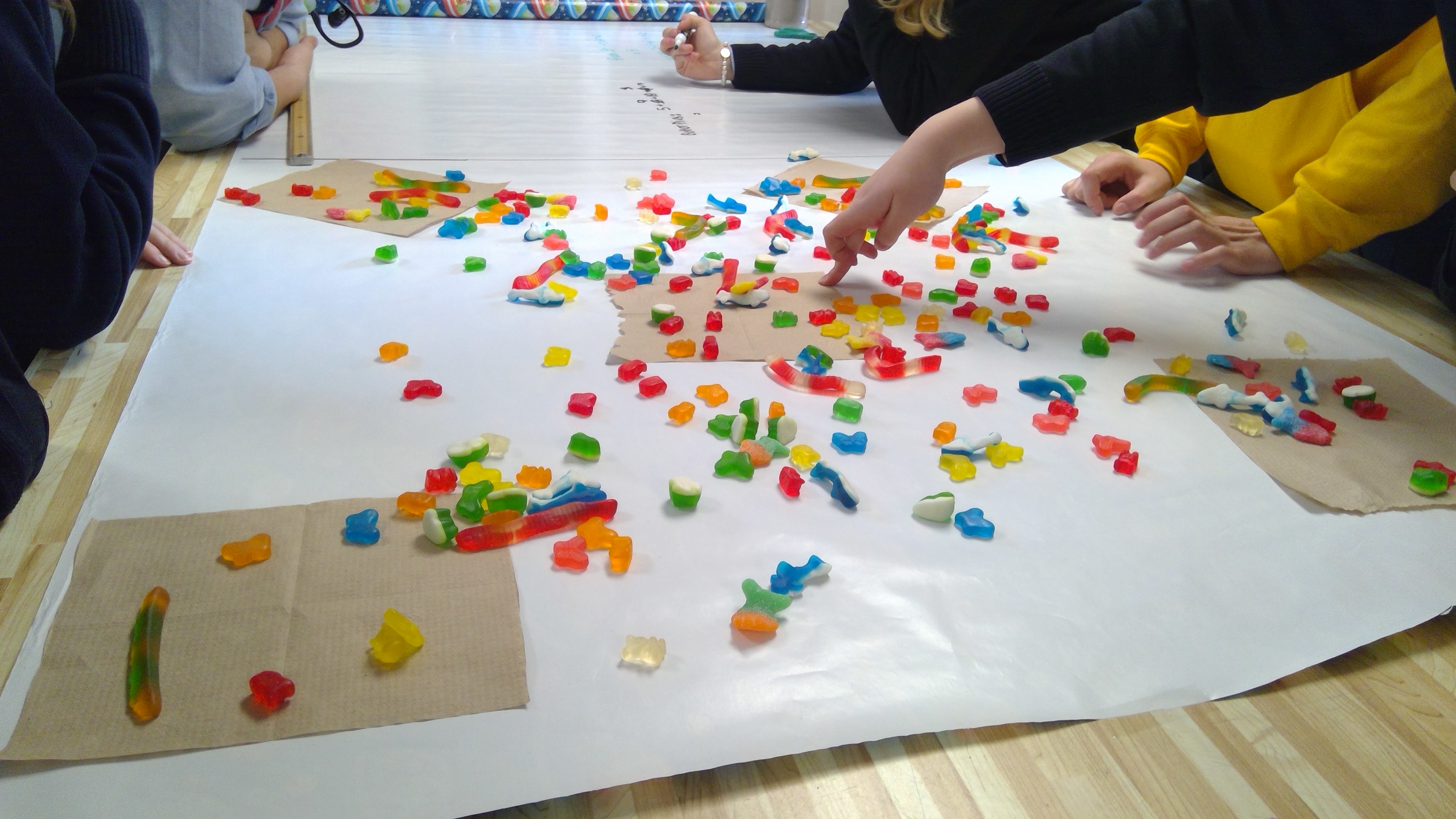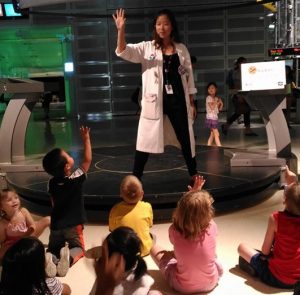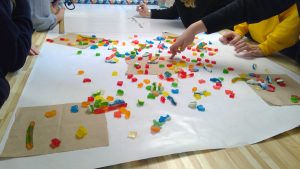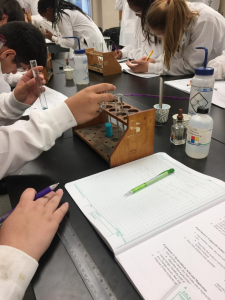A learning experience that has greatly contributed to my growth and success:
When I was in high school, I struggled to stay engaged in class. I wasn’t a weak student but I wasn’t very interested in school either. School seemed like a place where there were rules, structures and routines that if you followed, you could graduate with very little bother. I didn’t fuss nor did I stand out very much either. I was happy to be another student who “teachers didn’t worry about”.
When I was in grade 10, I began working at the Ontario Science Centre which has drastically impacted my perspective. I learned about educational programming and developing workshops to engage a diverse group of audiences. I learned about presenting and communicating science and how one idea could be presented in a countless number of ways with numerous perspectives. I worked with a phenomenal manager who taught me how to fail, how to learn and to embrace my natural curiousity. This manager always said to us, “it’s by trying hard things that we learn how tough we really are”. She taught about how science is more than just labs, academics and rules; she showed me how science was just a medium to prompt questioning, develop curiousity, and develop genuine relationships to help people learn, beyond the textbook. She planted the seed of one of my biggest passions now—science communication.
In my opinion, the most important Approach to Learning:
- Focused on effective teamwork and collaboration
- Differentiated to meet the needs of all learners
A core routine to my classroom is collaboration. Students know that they will more often have in pairs, small groups or even larger groups. This is very intentional because I believe in teaching students skills beyond the science curriculum. I like to encourage communication skills and relationships between students. I think the dynamic and engagement of my classroom creates an atmosphere where individuality is celebrated and students appreciate the variety of personalities and knowledge levels that as my students say, “create our dysfunctional science family.” My students know that my classroom follows a specific daily routine:
- Review
- Activity (pairs or groups)
- Synthesis
I took this model from a conference I went to where a teacher was looking at studies and research about how the reflection and use of recall in one’s class develops the brain and deep learning. Without going into the gory details, one thing that stuck with me was that “interleaving helps students achieve deeper learning”. Check our Dough Rohrer if I’ve convinced you to dig a little deeper.
Another thing I stress is diffrentiation and how we all learn differently. Though my class follows a specific “routine”, my students know that we will look at a variety of ways to review, a variety of ways to do an activity and a variety of ways to do synthesis. This goes back to the idea of celebrating students’ individuality and actively diffrentiating my classroom to support that. I often quote in my class, “good for all, and necessary for some” from the Ministry Document Learning for All.
Images that best captures the essence of my most important ATL:
2018-2019 School year. A group of my past grade 12 students looking at how to best sample a hypothetical community of organisms.
2018-2019 School year. A group of my past grade 9 students looking at how to identify physical and chemical properties in a variety of substances.





Recent Comments